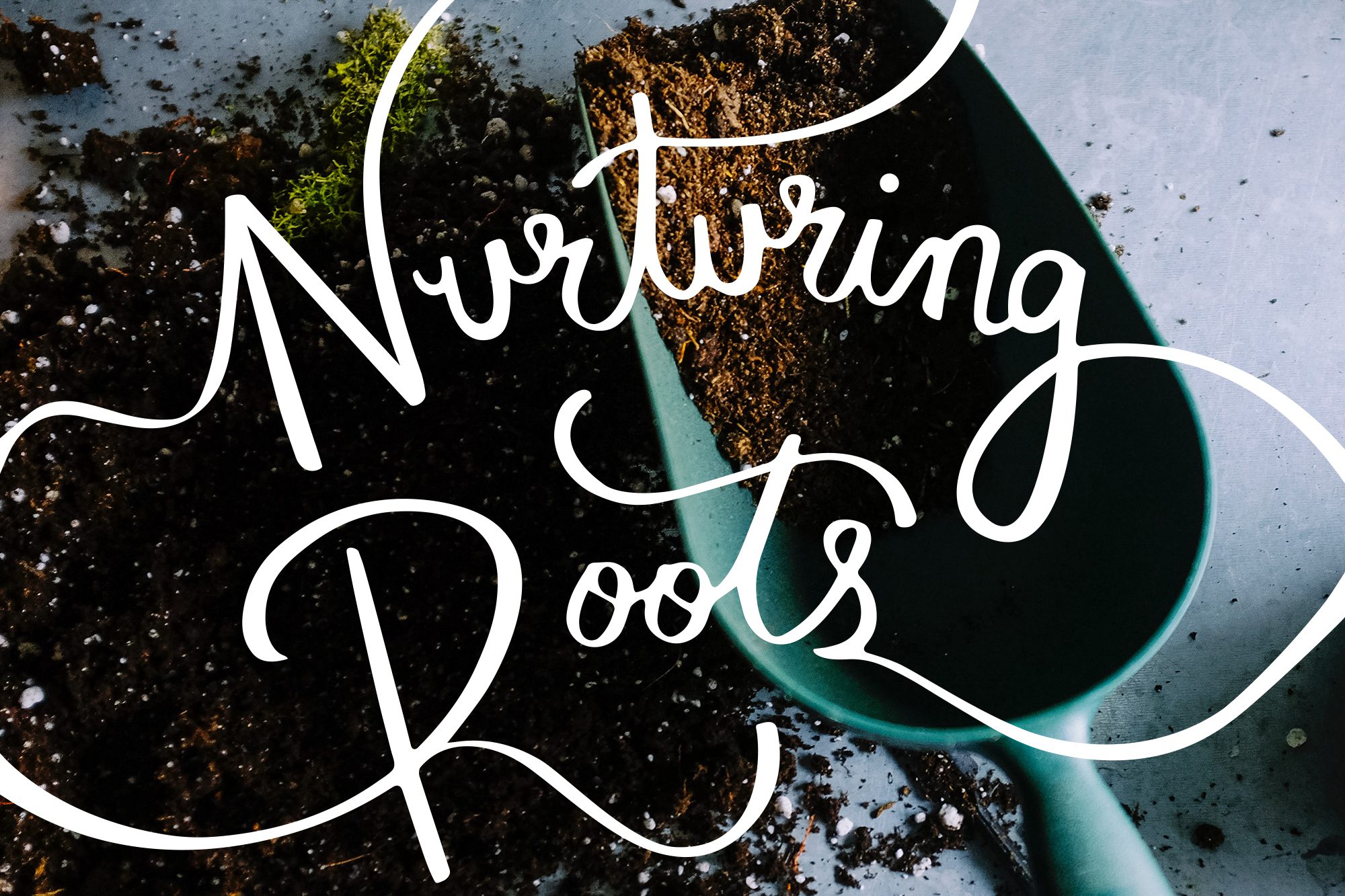By Sonia J. Martin
A few weeks ago—dressed in a flannel shirt, old sweats, rain boots, garden gloves in hand, and a funny-looking hat on my head—I set out to tackle a small portion of my backyard garden that weeds had overrun. It was long neglected and needed intensive care. I was ready for it, or so I thought. After only a few minutes of effort, I quickly decided that the traditional gardening tactic of uprooting weeds was laborious and likely would take much more time than I had allotted to this task. In a moment of impatient, reckless haste, I went into the tool shed and retrieved a bottle of my most potent weed killer. I proceeded to pour an abundance of poison directly onto the roots of each weed. Was it effective? Yes. Did it have unintended consequences? Absolutely. I didn’t realize how insidious that poison would be. You see, over the last two years, I have been patiently and painstakingly growing a rather large vine of jasmine along my fence line. Month after month, I would tend to the vine—shaping it, pruning it, and training it to intertwine through and around the fence. The fruit of that effort was stunning, especially when it would bloom each spring. When, in my haste, I applied poison to the weeds, it trickled down below the soil and began to kill my jasmine vine at the root. Although I focused my attention on watching the weeds slowly wither and die, my human eye could not see the effect on the healthy plant five feet away.
Some jasmine is dead now, but it didn’t kill the whole vine. The main trunk of the vine had been solidly planted and cared for well; it was able to withstand the pressures of the poison. The newly planted portions were the most vulnerable. Similarly, our newly adopted or foster children are highly vulnerable. In our humanity, we can easily get entangled in day-to-day pressures or frustrations of behaviors; we can feel like we are in the weeds, losing sight of beauty nearby. In a moment of haste, we can overreact, causing a loss of connection that their tender hearts so desperately need.
You see, all of those weeds that I was frustrated with—the ones that were not responsive to my attempts at correction—were just a manifestation of their root system. Similarly, the behaviors that manifest from brokenness and trauma come from a child’s foundation—their roots. For the glory of Christ Jesus, He calls us to point these children toward the One who holds their hope and to plant them in soil that is rich with the Word and saturated in the good news of Christ.
The specifics of pointing your children to Christ may look different for each family. But, parents can start with two main principles: 1) Prioritizing an active and growing relationship with Christ and 2) Being in relationship with their children.
Through His amazing grace, God gave us Christ as an example of worship, prayer, and service to the King. As we look to Him, may our children also look to us as faithful examples. For this to happen, our children must be able to see us worship, pray, and serve. In addition to maintaining a personal Bible study and prayer time, parents also disciple their children when they witness parents’ time and intentional worship of the Lord. If a parent aims to model a life wholly surrendered to the Lord, children must bear witness to that life throughout the day. Modeling a surrendered life can be done in small ways and in big moments. For example, how parents treat a cashier at the grocery store matters. Parents sincerely apologizing when they are wrong matters. The way parents spend their free time and live a life of integrity in what they watch and listen to matters. Parents can be encouraged that the big moments are indeed powerful, but the small ones also make an immense impact.
Children are more apt to listen to and emulate their parents when there is a strong connection. As the Lord desires to be in deep, authentic relationship with His people, we should also have a significant focus on being in relationship with our children. When children feel connected, they are more willing to really “hear” their parents. That relationship gives an avenue through which children get a glimpse of how the Lord leads, loves, and shepherds us and allows space for them to learn as we lead and disciple them.
This process of discipleship reminds me of the words of Paul in Eph. 3:16-19: “I pray that according to the riches of his glory he may grant you to be strengthened with power through his Spirit in your inner being, so that Christ may dwell in your hearts through faith—that you, being rooted and grounded in love, may have strength to com-prehend with all the saints what is the breadth and length and height and depth, and to know the love of Christ that surpasses knowledge, that you may be filled with all the fullness of God.” This verse was Paul’s prayer to the Ephesians, and it should be our prayer for our children whom we are called to love, lead, disciple, and shepherd.




